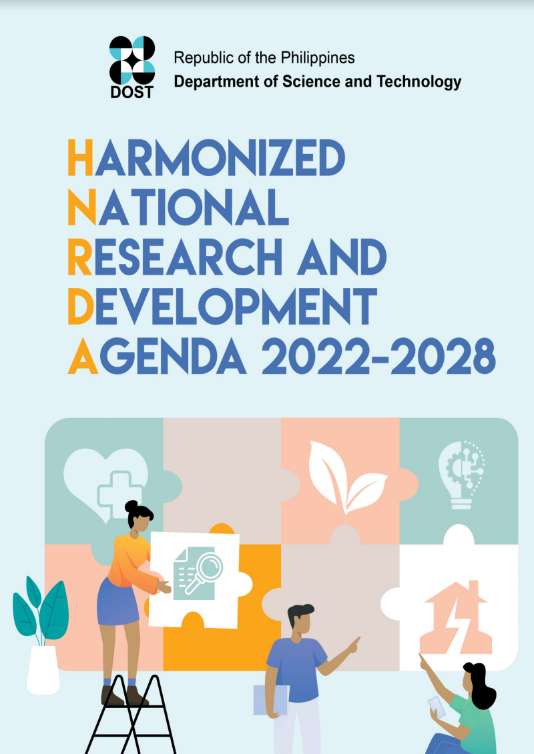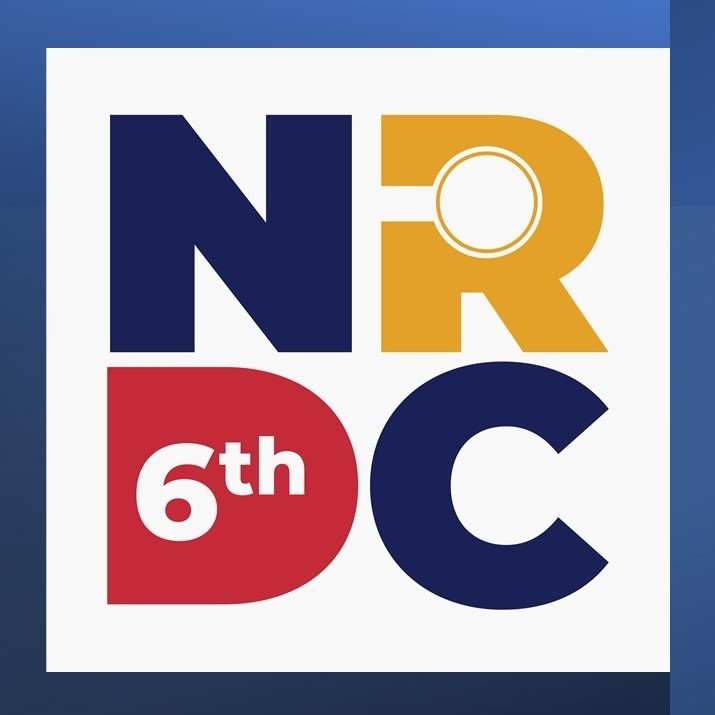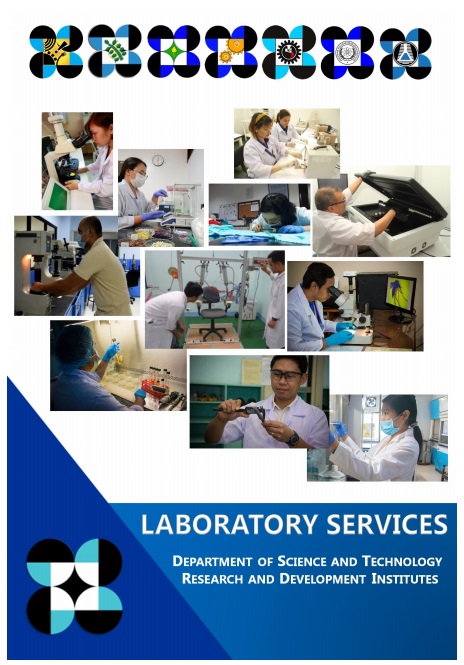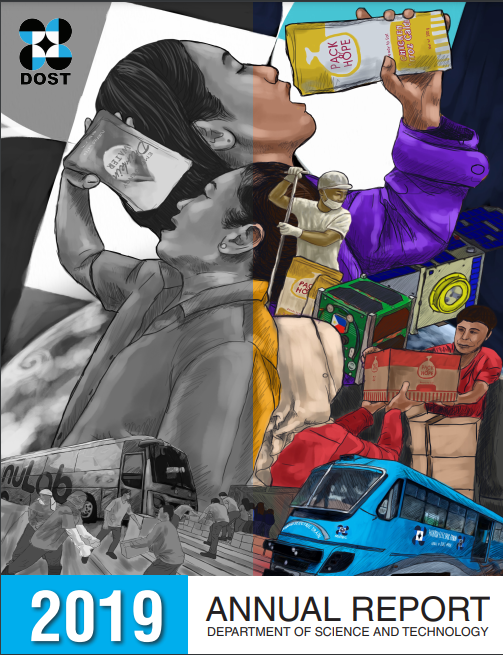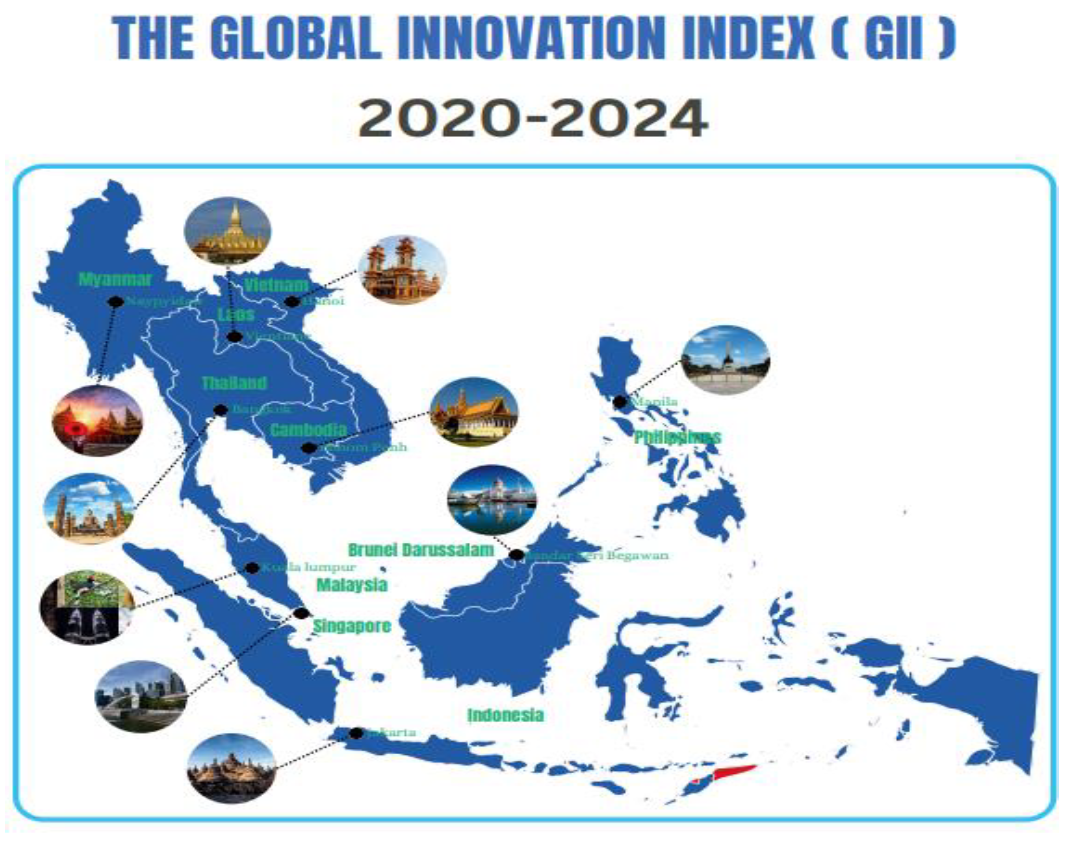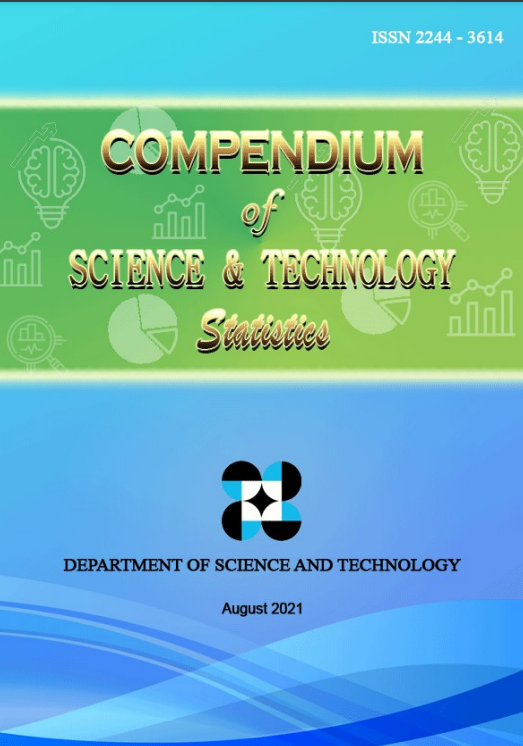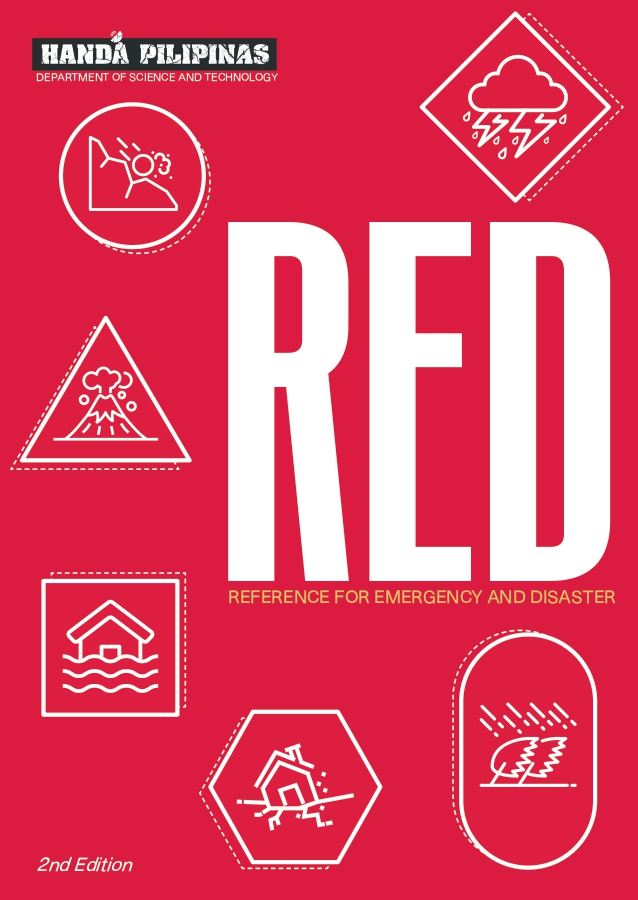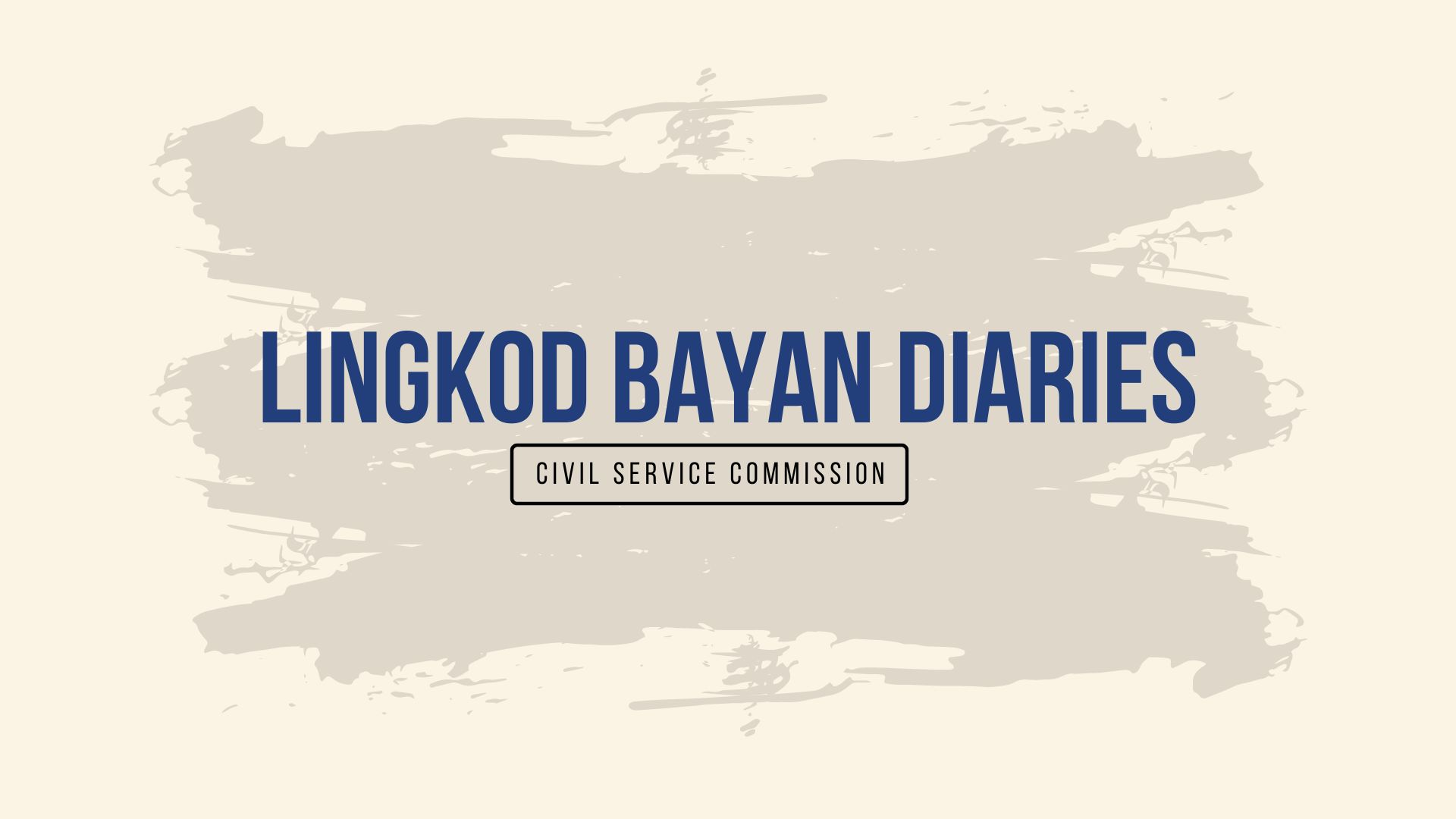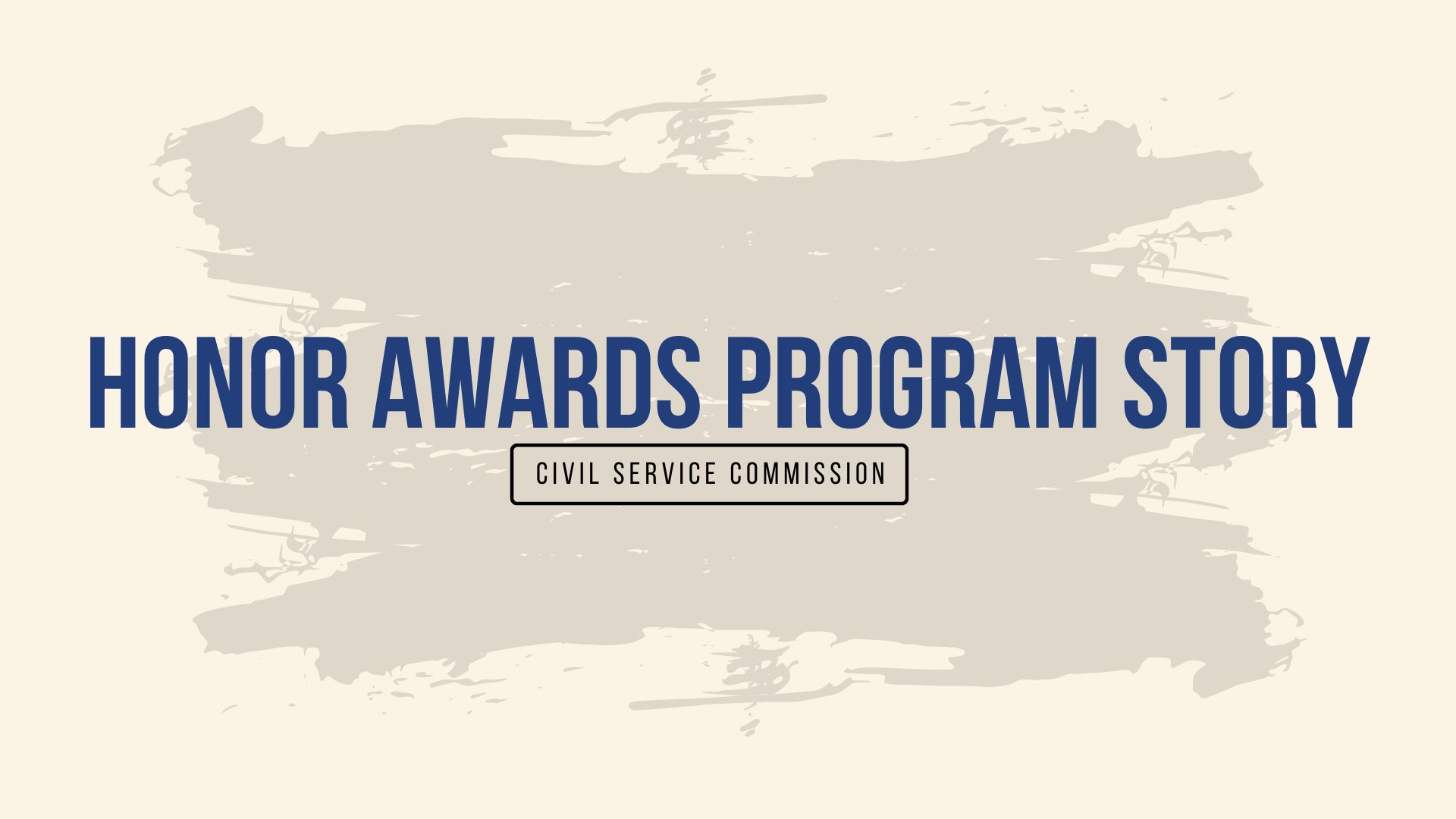DOST’s dyeing technology gives life - Inmates free up creativity, mull on breaking into market
- Details
- Hits: 2972
Freedom is what male and female inmates of the Mindoro Provincial Jail in Calapan City, Mindoro Oriental experienced while on training for natural dyeing technology by experts from the Department of Science and Technology’s Philippine Textile Research Institute (DOST-PTRI). Particularly, the inmates were given freedom to unleash their creativity and to find opportunities in natural dyeing technology.
The 53 inmates, 75 percent of them in their early 20s, pounded not steel bars but fresh coconut husks, cogon, guava leaves, annatto seeds, turmeric (luyang dilaw), mahogany barks, and talisay leaves to extract natural dyes. Their free-spirited efforts resulted in a variety of colors such as old rose, emerald green, orange, yellow to brown and black, that gave life to abaca fibers.
One of the inmates, Regie, 24, realized the importance of the training to them. “Taos-puso po akong nagpapasalamat sa mga taong nagbigay sa amin ng oras upang turuan kami… dahil sa kanila ang ordinary kong buhay ay nagkaron ng kaalaman.”
Engr. Adela Montalvo, head trainer, also remarked on the inmates’ genuine enthusiasm to learn. “These kinds of activities are perfect for them since they have a lot of idle time,” she said. “These are also very helpful in uplifting their morale and their sense of self purpose.”
“They really need extra help in marketing their products,” she added.
The training was requested by Mindoro Oriental Provincial S&T Director Jesse Pine to further improve and widen the bamboo-based novelty products created by the inmates. The items, sold in the local market, gave the inmates some income and bigger hope to break into the market with finely crafted products.
The S&T intervention provided by DOST-PTRI through the Mindoro Oriental Provincial S&T Center gave the inmates opportunity to expand their products to include a plethora of naturally colored home décors and gift items. The intervention also helps them work towards their rehabilitation and equip them with skills useful even after they leave the prison.
“It is for this purpose of reaching out to the people who need S&T technologies the most that we intensify our countryside technology transfer programs,” explained PTRI Director Carlos C. Tomboc.
The two-day technology training was complete with lectures, demonstrations, and hands-on activities on the actual extraction and application of the natural dyes. The first few hours of the training was dedicated to theoretical discussions making sure the participants understood the importance of the science of exact measurements in the preparation of the chemicals needed for the dyeing process. The rest of the afternoon and the following day were allotted to hands-on exercises to develop the participants’ practical skills on the pretreatment of the fibers and the extraction and application of the natural dyes.
Other than natural dyeing for indigenous fibers, PTRI also offers various training courses on synthetic dyeing, basic and advance handloom weaving that are conducted in the regions and at the Institute, and a number of textile technology processes from fiber and fabric testing evaluation to knitting and spinning technologies. A complete listing of the Institute’s training courses is available at http://www.ptri.dost.gov.ph.

PTRI’s Mr. Noel Saguisag, assistant trainer, demonstrates the proper preparation of mordants for the natural dyeing process of the abaca fibers.

The participants eagerly tear-up the talisay leaves in order to extract the natural hues of the plant. The talisay leaves yield the color black and yellow.

Samples of naturally-dyed fibers in a rainbow of colors produced from locally-available materials.

A symbolism of his much awaited parole, an inmate jubilantly shows his trainer Mr. Saguisag his handiwork, a parol (lantern), made from talisay-dyed abaca fibers.
BPOs need workers with 21st century skills, says DOST
- Details
- Hits: 4852
New graduates nowadays usually flock to call centers and business process outsourcing (BPO) offices that promise jobs with high starting salary plus various bonuses and benefits. With the Philippines as the top global provider of IT-BPO services in Asia, many opportunities indeed await the right candidate.
However, a report from the Business Processing Association of the Philippines (BPAP) indicates a 95 percent mortality rate among call center and BPO applicants. This means that out of 100 candidates, only five get hired. Related reports reveal that the reason for the high mortality rate is because BPO companies just cannot find the right people with the right skills for the number of jobs offered.
“We need to develop ‘smarter people’ to keep abreast with the developments,” said Department of Science and Technology Secretary Mario Montejo. “Developing smarter people means building up knowledge workers with 21st century skills.”
Developing “smarter people” is one of the components of DOST’s latest umbrella program called “Smarter Philippines” which aims to facilitate and deliver more effective and efficient services in several sectors.
Other components of the program include Smarter Government, Smarter Economy, Smarter Mobility, Smarter Environment, Smarter Living and Smarter Cities.
“’Smarter people’ are in a nutshell information technology-oriented,” explained Dr. Alejandro P. Melchor III, deputy executive director for ICT Industry Development of the Information and Communications Technology Office (ICTO), DOST’s lead agency in handling the BPO sector.
Smarter people, in short, are what the BPOs and call centers need. And these are the skills they are looking for, according to Melchor: 1) critical thinking; 2) effective written oral, multimedia, and multilingual communication skills; 3) collaboration across networks; 4) creativity and innovation; 5) accessing and analyzing information; 6) initiative and entrepreneurialism; and 7) agility and adaptability.
Critical thinking. “The most important skill that BPOs are looking for in every worker is critical thinking,” said Melchor. “This refers to having a modern scientific mind.”
Critical thinking is what makes a person able to discern new challenges and opportunities out of all the information available in order to make high-impact decisions, think strategically, manage change, solve problems, and embrace risk and rejection as needed in entrepreneurial thinking.
Effective communication. The 21st century worker needs to be able to express himself or herself whether face-to-face, via media, or via Internet such as e-mail exchange or online forums. BPOs and call centers communicate and coordinate with people of all nationalities, such that workers need to be flexible in dealing with people of various age groups, ethnicities, socioeconomic conditions, and profession. Further, effective communication also means being able to listen to others.
Collaboration across networks. Today’s workers should get familiar with learning other people’s methods, cultural references, and work habits to ensure effective collaboration. Learning to trust others in the midst of a virtual environment is also essential, as communication is only done via e-mails, net meetings, and conference calls with little or no personal interaction.
Creativity and innovation. This is the ability to think out-of-the-box and attack problems from a new angle. Related skills include planning skills and generating ideas; developing abstract thinking by exploring relationships, patterns, and association; and maintaining curiosity.
Accessing and analyzing information. It is important to know where to find the right information at the fastest possible time, distinguish between fact and opinion, evaluate the relevance and importance of other people’s arguments, and know what to do with information that are conflicting, inadequate, and ambiguous.
Initiative and entrepreneurialism. Today’s corporations have evolved from being top-down to a “flattened” model, thus employees are often left on their own to figure things out. Workers today need initiative and to do things without being told, including offering creative solutions to the company’s unique problems.
Flexibility and adaptability. This skill is very important, as good opportunities come to those who are willing to relocate or move from one position or job to another. This is one mark of a person’s good managerial and leadership skills. Moreover, agility and adaptability makes employers confident of their workers, trusting them to be stable even during turbulent times and able to cope with new and challenging responsibilities.
Today’s businesses do demand more from the current crop of workforce, thus 21st century skills are critical factors that affect the chances of applicants’ success. The Smarter People component of “Smarter Philippines” will have the government through DOST work closely with the industry and the academe in coming up with ICT-enabled tools to help today’s workers develop these skills.
DOST launches apps for smarter gov’t services
- Details
- Hits: 14160
In celebration of the Information and Communication Technology or ICT Month this June, the Department of Science and Technology launched major Information and Communications Technology (ICT) applications and services that will make government services more efficient and effective.
The apps, components of the DOST flagship project titled Integrated Government Philippines (iGovPhil), were the Public Key Infrastructure (PKI), government-wide email system (GovMail), government cloud (GovCloud), Agency Records Inventory System (AgRIS), and Government Website Template.
According to DOST Secretary Mario Montejo, the ICT applications were designed “to enable more efficient government operations that will benefit the citizens through faster delivery of goods and services.”
According to Engr. Denis F. Villorente, iGovPhil project director, the PKI will provide added security to government online transactions and communications with the use of dual keys for sealing and opening documents online. It also uses digital certificates for authentication and verification. The technology is useful not only in government services but also in other transactions with the public, such as the delivery of services and online payment.
He added that with GovMail, the government will have a uniform email and online identity. “The email, including data and other records, will be stored in a remote and secure facility,” he said, refering to GovCloud.
The “cloud” is a server and storage facility usually offered by private third-party providers to free their clients of the worries of backing up and safeguarding their data. The GovCloud is owned and operated by the government and data is hosted at a government data center.
Part of the effort to give the government a unique corporate identity is the creation of the Government Website Template. Government agencies are urged to adopt the template to give their websites a common “look and feel.”
“With one look, the user will be able to say that this is a Philippine government website,” Villorente said. “The agencies, of course, still control content on their sites. They will have features that show their line of service, like content and presentation.”
AgRIS is an inventory of files, documents and records kept by each government agency. Its role is to keep track and provide a list of all these records and store them in a government data center in preparation for the eventual implementaton of the National Archives and Records Management (NARM) program. NARM aims to optimize the use of government resources by integrating existing assets and improve public service by speeding up document research, access and processing.
The iGovPhil project aims to enhance government efficiency and effectiveness by using and putting relevant mechanisms to implement interactive, interconnected and interoperable government applications. Some of the components of the project include a Government Email system, Public Key Infrastructure to enhance the security of transactions and communications, the National Records Management Information System (NARMIS), a secure payment gateway, secure data centers and integrated fiber optic network to interconnect the various agencies of government.
As part of the Smarter Philippines umbrella program, iGovPhils is envisioned to advance the country’s economy through better delivery of government services.
The June 10-14 celebration is being held at the Information and Communications Technology Office (ICTO) at C.P. Garcia Avenue, Diliman, Quezon City.
An executive briefing and consultations with government agencies were held on the first day. Other ongoing events include job fair, IT solutions fair, policy stakeholders consultations, cyber security meeting, series of training on government website, signing of memoranda of agreement and videos and demonstrations of iGovPhil products and services.

DOST Secretary Mario G. Montejo and Intergrated Government Philippines Project (iGov Phil) Director Denis Villorente cut the ceremonial ribbon opening of iGov Phil Events during National ICT Month 2013.
Technopreneurs’ race to success - DOST scholars find niche in RFID tech for sports
- Details
- Hits: 15017
When most graduates make seemingly endless rounds in business districts or endure long lines in job fairs in hopes of landing their dream jobs, Deogracias “Gary” P. Villame took the road less taken.
Fortunately, it led him to become Chief Executive Officer of a tech company.
A graduate of Electronics and Communications Engineering from University of the Philippines Diliman, Villame and his former classmates founded Itemhound, a tech start-up company that provides sports timing solutions to running and motor racing events through the use of Radio Frequency Identification (RFID) hardware and applications.
Challenging headstart
Interestingly, the successful start-up company began as just a college thesis of Villame and his thesis mates John Paulo Adaoag, Roy Flores, Mark Gil Manalansang and Joe Cris Molina in 2006.
Seeing the study’s potential, their thesis adviser, Dr. Joel Joseph Marciano Jr. encouraged them to join Philippine Emerging Start-ups Open, a business plan competition organized by Ayala Foundation. They won the competition and saw the prospect of creating their very own company. However, even with the prize money of Php 100,000, they felt that they were not ready yet. “Parang di pa naming kayang pangatawanan (We were not ready to handle it yet),” Villame recalled.
Soon after graduation, Villame, Adaoag, Flores, and Manalansang pursued graduate studies in UP as scholars of Engineering Research and Development for Technology, a program of Department of Science and Technology. Molina, on the other hand, went abroad to work.
Meanwhile, the start-up plan took a backseat; but they never totally gave up on the idea.
Until the year 2009 when the four, who were still pursuing their graduate studies, were asked by UP to do a study for a big company on RFID applications. They took on the project and this made them realize that the time was ripe for their start-up company. Molina, then still working abroad, also welcomed the idea.
Soon, they pooled whatever they had saved from their stipends and other sources and made their first tough decision. In January 2010, Itemhound was formally incorporated.
“Hindi na drowing to, hindi na puro laway lang (This is reality, not just pure rhetoric),” Villame mused, referring to the competition they won a few years back.
Overcoming the hurdles
But like most ventures, starting up can be an uphill race.
Their biggest hurdle was penetrating the market. Villame revealed that even the company that commissioned them to do a study never became their client. Wooing a big company when they were just starting out did not come easy for them.
They also had to contend with being cash-strapped. “For the first nine months we practically did not have any revenue,” Villame recounted.
In the end, they figured that they needed to identify a market that is easier to penetrate. That period saw the growing popularity of fun runs, marathons, and other racing events. Villame and his team saw it as a big opportunity. They also found it easier to relate to the sporting community because of its less formal atmosphere.
In the last quarter of 2010, they had their first big break. Itemhound finally had its first client.
Racing towards success
Since then, the company has been on a dash in handling the timing of various running and motor racing events as it continued to develop its own timing products.
One of these is the Strider® system which can be used in both high volume races such as marathons and small fun runs alike. The company was also the first to introduce paper-based timing tags in 2010 which have made it possible to provide more affordable timing to larger races without sacrificing accuracy. Strider® has figured in big running events in the country such as NatGeo Earth Day Run 2013, Alaska Iron Kids Philippines, Columbia Eco Trail Run, Merrel Adventure Run among others.
For motor sports, Itemhound has developed Racer®, a race timing system designed for closed-circuit motor racing that uses economical reusable timing tags. Racer® has been the official timing system of the Yamaha MotoGP series for three consecutive years and was the official timing partner of the Yamaha ASEAN Cup 2012.
Lessons learned as local technopreneurs
The first lesson they learned: “You need to be flexible. Your original plan might not work out so you need to be agile, to adapt,” Villame said.
As the CEO, Villame also has to deal with a lot of stress to make sure the company is able to stand the pace. “Many people depend on you, not only in terms of money. I don’t only look after my own career development but also that of my colleagues. When things get hard I have to help boost their morale.”
In spite of the difficulty of establishing and keeping a start-up firm afloat, this self-made technopreneur is not giving up. “There’s something fulfilling in creating your own products, in creating your own business.”
He added, “Kagaya ng laging sinasabi ng DOST, kailangan natin ng entrepreneurs. Ang laki ng natutulong. Ang laki ng multiplyer effect. Malaking fulfillment din sa amin na nakakapagbigay kami ng trabaho (As what the Department of Science and Technology or DOST always says, we need entrepreneurs. They are very useful. They create a huge multiplier effect. The fact that we provide employment also makes us fulfilled),”
In retrospect, he never really found it attractive to work abroad or even in the local industry after hefinished his graduate studies. “I was very exposed to entrepreneurship because my father is an entrepreneur. Entrepreneurship was my first choice for my career path; but, if I did not end up as an entrepreneur, I would probably teach or work in the government,” he said.
For those who are considering the technopreneurship track, here is his advice:
“Expect that you will do a lot of mistakes; but you don’t have to beat yourself over them. What is important is that you learn from them fast. For me, it is not a good sign if you’re not making mistakes anymore; because it means that you’re not trying hard enough.”

Deogracias “Gary” P. Villame, (3rd from right), with Itemhound co-founders. (From left) John Paulo J. Adaoag, Tyrone W. Tai, Joel Joseph S. Marciano Jr., Roy R. Flores, and Mark Gil F. Manalangsang.











